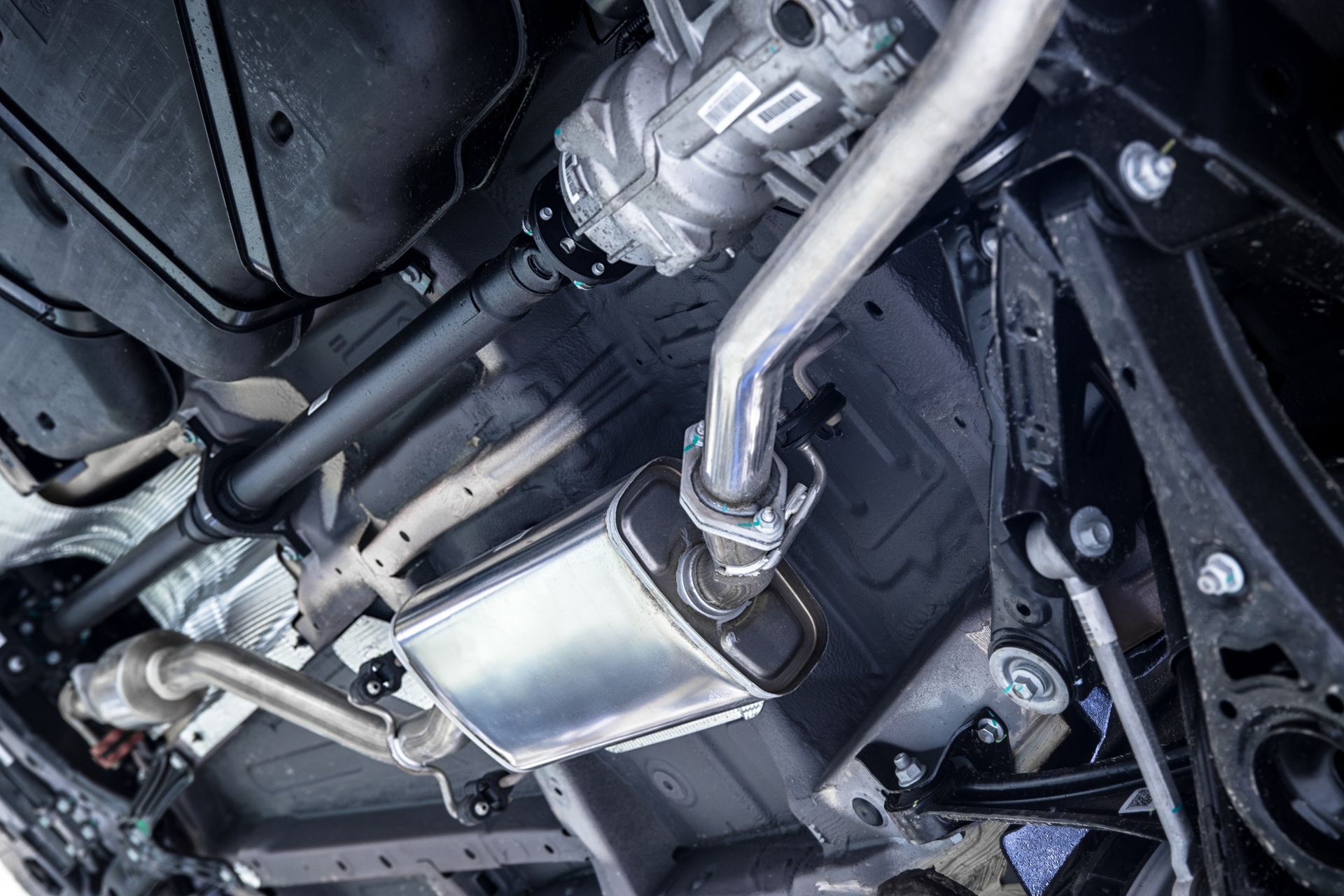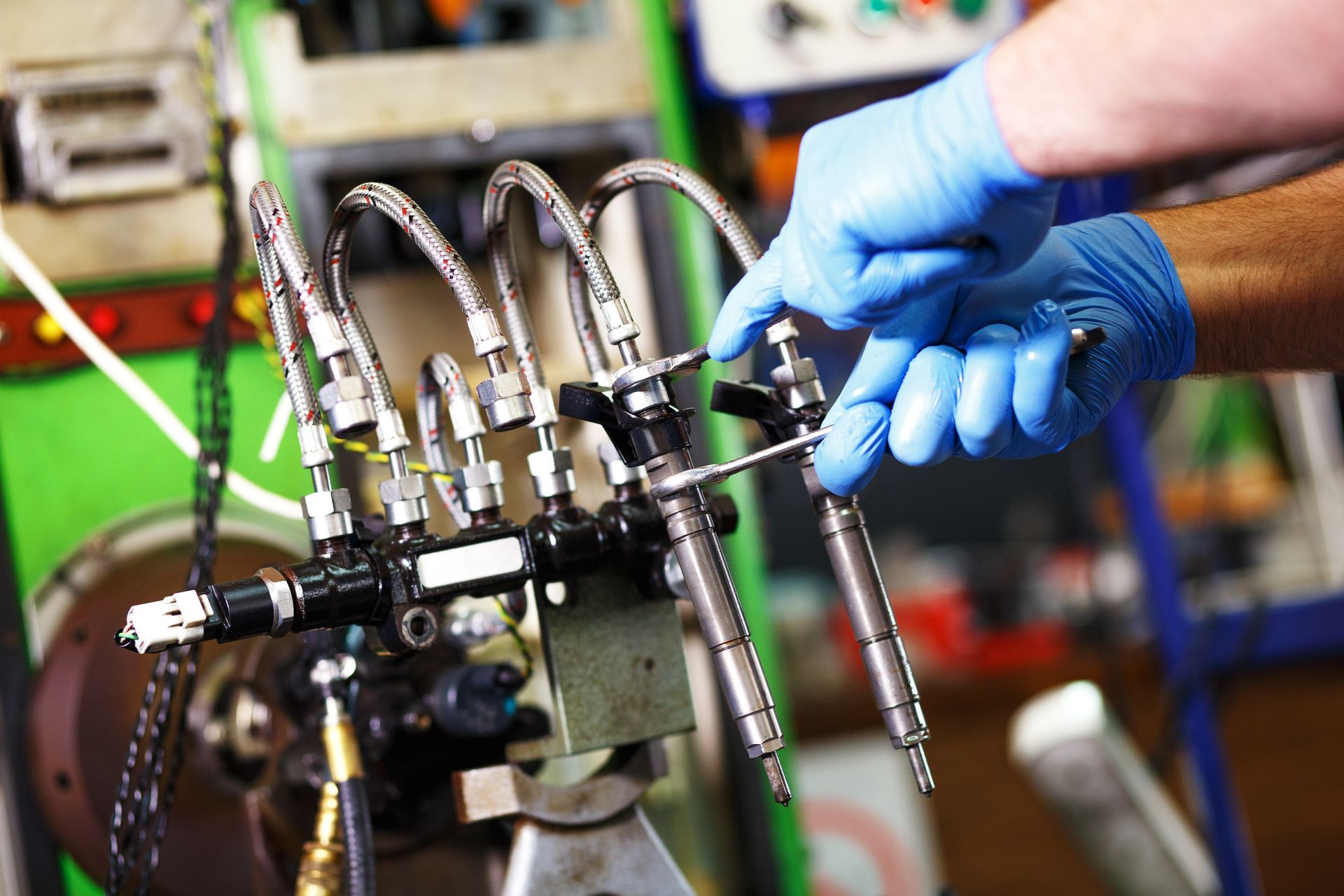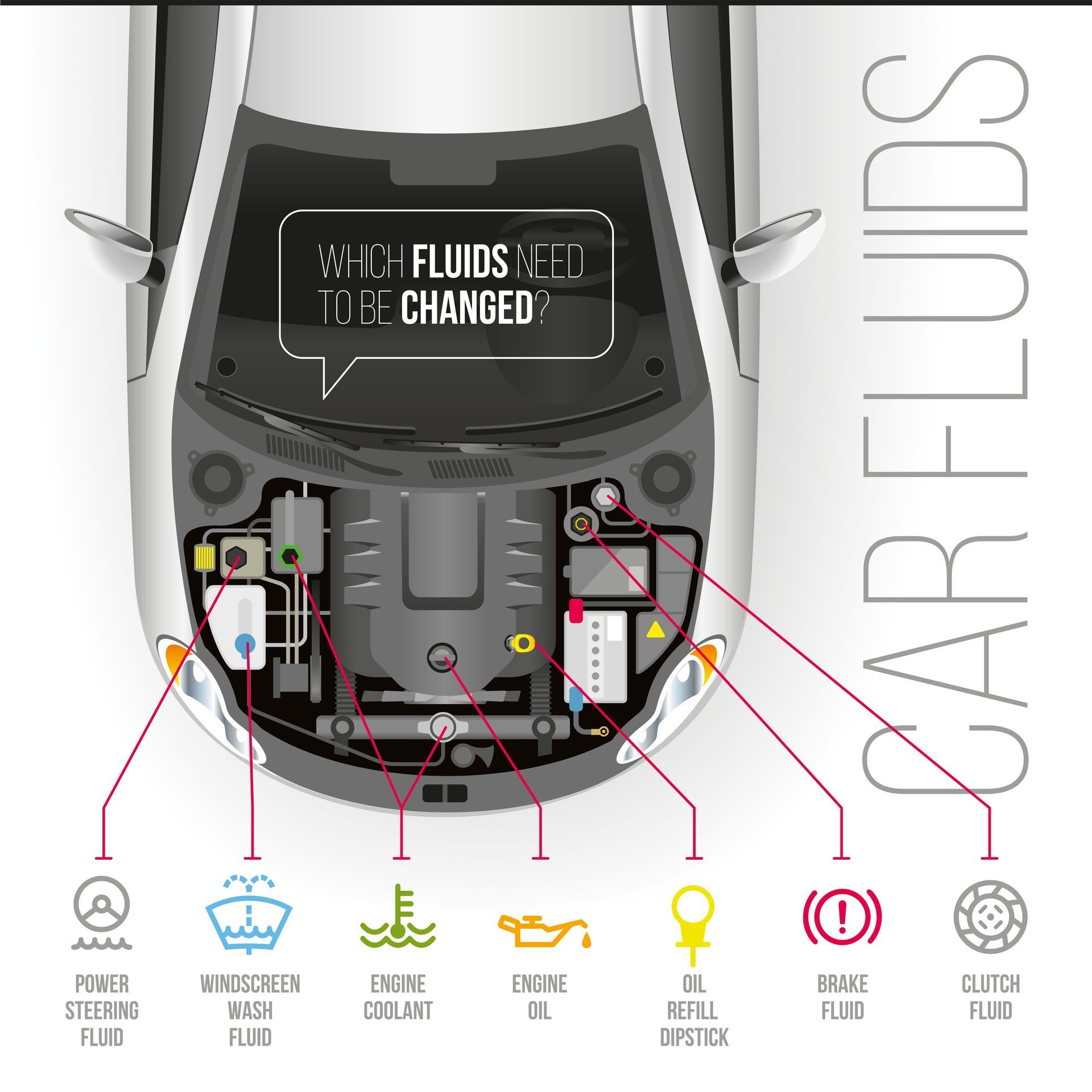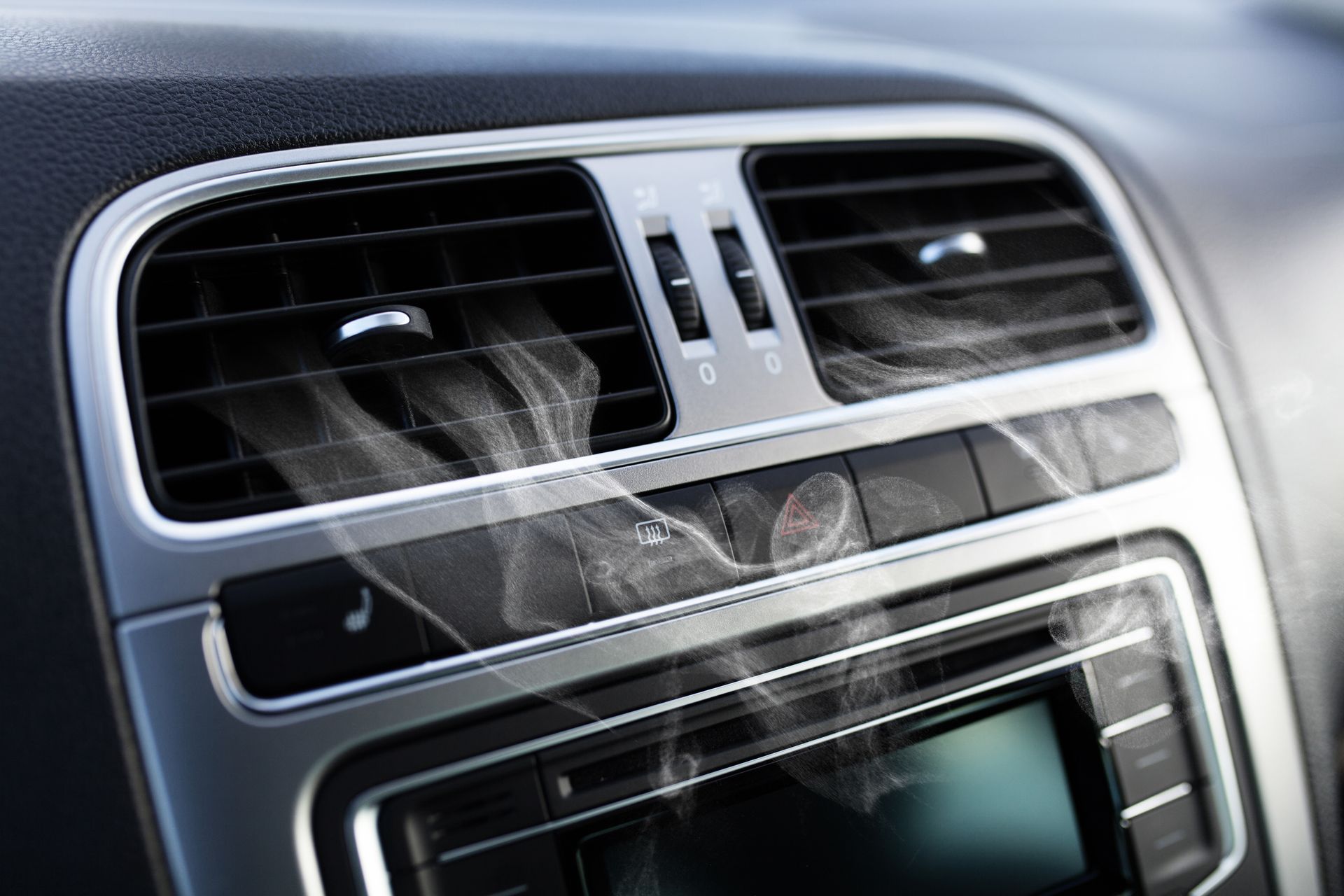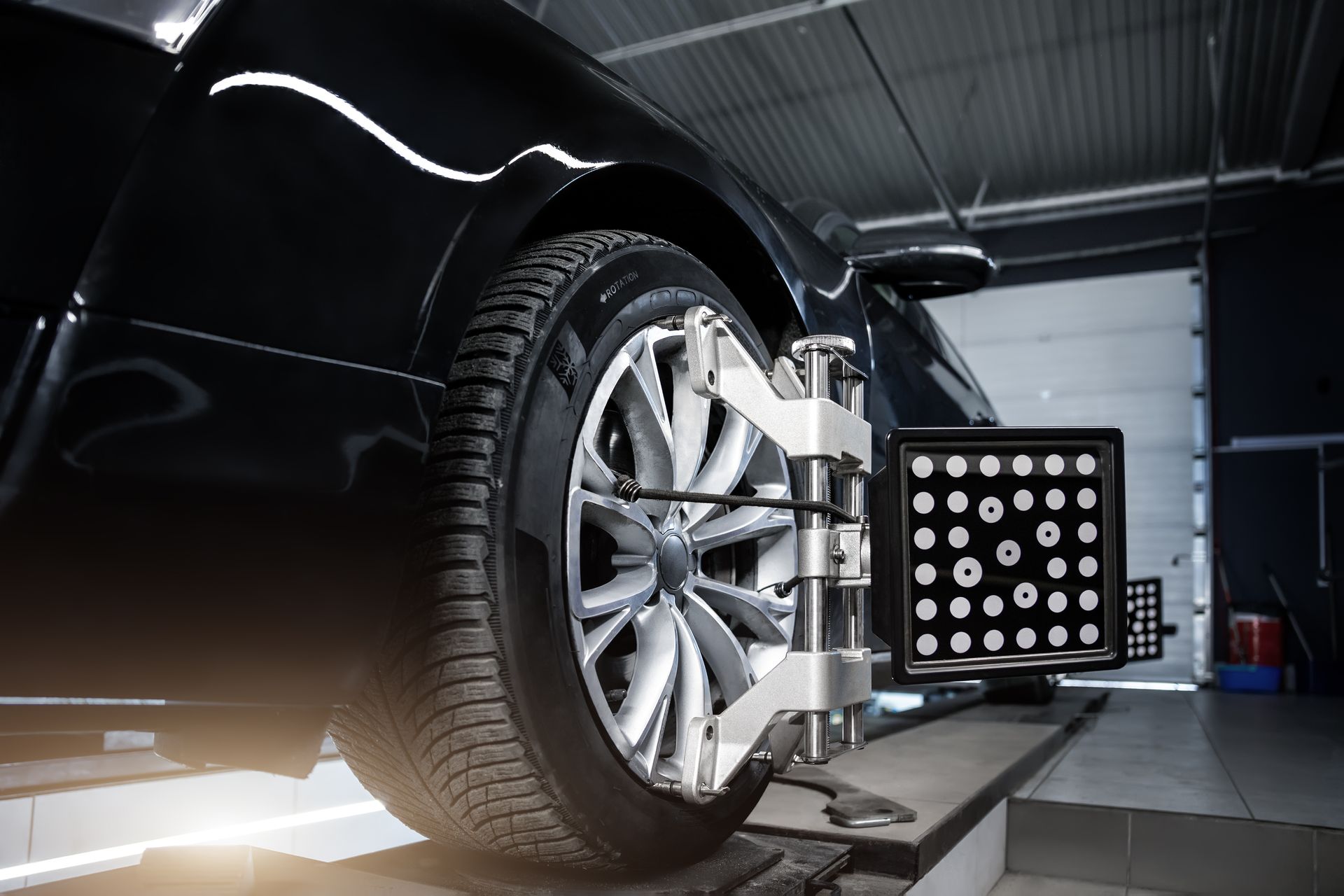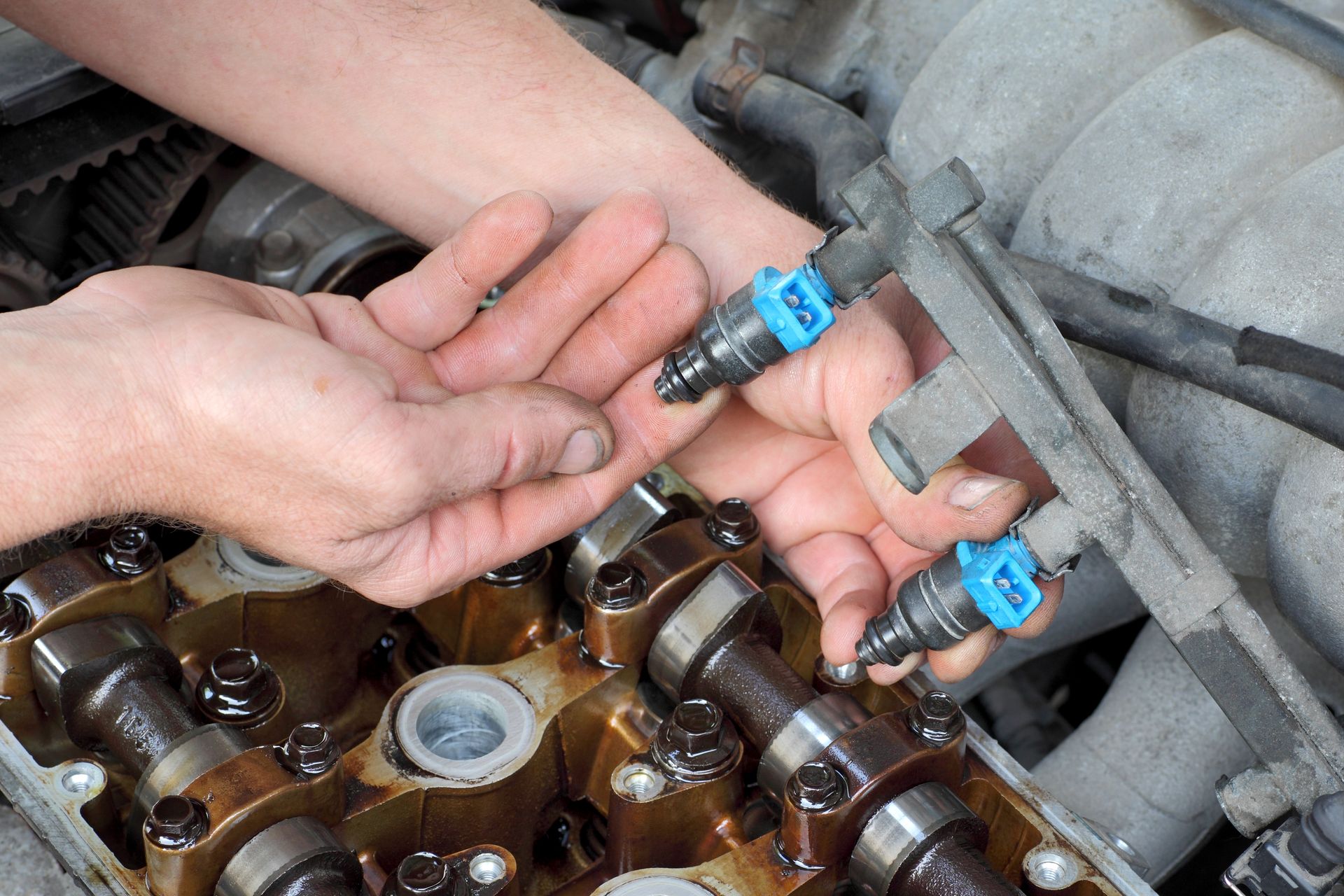Your vehicle’s exhaust system plays a crucial role in safety, emissions, and performance. While it’s normal for some engine noise to come through, a sudden increase in volume or a strange smell can point to a serious issue like an exhaust leak.
Ignoring an exhaust leak doesn’t just mean louder drives. It can affect your engine’s efficiency, reduce fuel economy, and, in some cases, allow dangerous fumes to enter the cabin. Recognizing the early signs of a leak enables you to act promptly and prevent more significant issues.
Why Exhaust Leaks Happen
Exhaust leaks typically occur when one or more parts of the system wear out or are damaged. These parts include the exhaust manifold, gaskets, catalytic converter, muffler, and piping.
Causes can include:
- Rust and corrosion due to moisture or salt
- Physical damage from road debris or impact
- Failed gaskets or seals
- Loose connections or aging components
Vehicles in regions with wet climates or salted roads are especially prone to exhaust wear over time.
Common Warning Signs of an Exhaust Leak
An exhaust leak isn’t always obvious at first. These are the symptoms you’ll want to watch for:
Increased Engine Noise
One of the first signs is a louder-than-usual engine. You might hear a hissing or tapping sound, especially during acceleration or cold starts. This usually comes from a leak near the exhaust manifold or a cracked pipe.
Strong Smell of Exhaust Fumes
If you smell exhaust inside the cabin, it’s a red flag. It means fumes are escaping before reaching the tailpipe and may be entering through vents or gaps in the firewall. This can pose a serious health risk due to carbon monoxide exposure.
Decreased Fuel Efficiency
A leak before the oxygen sensor can confuse the engine control unit, causing it to add more fuel than necessary. If you notice your MPG dropping, a leak could be affecting combustion efficiency.
Vibration or Poor Acceleration
Leaks that alter backpressure can lead to reduced engine performance. You might feel hesitation, uneven power delivery, or even vibration through the gas pedal or steering wheel.
Check Engine Light
Some exhaust issues trigger the check engine light, especially if they affect oxygen sensors or catalytic converter performance. A scan can confirm whether a leak or sensor issue is the cause.
Why Quick Action Matters
An untreated exhaust leak can lead to larger repairs, such as a failed catalytic converter or engine misfire. More importantly, it can be hazardous to your health. Prolonged exposure to exhaust gases, especially carbon monoxide, can lead to headaches, dizziness, or more serious symptoms in enclosed spaces.
Repairing a leak is often straightforward if caught early, especially if the damage is limited to a gasket, clamp, or small section of pipe.
Prevention and Maintenance Tips
You can help protect your exhaust system by:
- Parking in a garage or covered area to reduce moisture exposure
- Avoiding puddles and road salt when possible
- Having your exhaust inspected during routine maintenance
- Addressing check engine lights and changes in engine noise promptly
An annual inspection, especially before winter, is a good habit for identifying rust or loose components.
Let Three Suns Auto Care in Media, PA, Help You Breathe Easy
If your vehicle sounds louder than usual, smells strange, or just isn’t running quite right, don’t wait. Exhaust leaks can escalate quickly. Our team can identify the source of the leak, perform necessary repairs, and ensure your vehicle is safe and efficient.
Call
Three Suns Auto Care in Media, PA, today for an exhaust system inspection and keep harmful fumes where they belong—out of your cabin.

